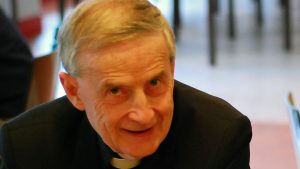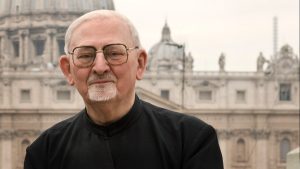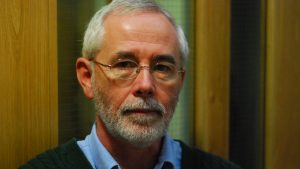Fighting for freedom

The title theme of the latest issue of Studies (Autumn 2014) is ‘Religious freedom in the 21st century’, but matters relating to Ireland’s political and cultural freedom in the early 20th century feature just as large. Lord David Alton, who recently led a House of Lords debate on religious freedom, reprises his central argument here that, worldwide, religious persecution is on the rise.
In ‘An article of faith: protecting religious freedom’, Lord Alton argues that the assaults on religious freedom and the failure of international authorities to protect vulnerable minorities “makes a mockery of… Article 18 of the 1948 Declaration of Human Rights, born in the embers of the Holocaust; and of religion itself”. According to the Pew Research Centre, he notes, there is “violence, or the threat of violence, to compel people to adhere to religious norms in 39% of countries across the globe (up 18% since 2007)”. What is clear from Lord Alton’s worldwide survey is that a high proportion of violations of Article 18 occur in Islamic communities in the Middle East, Africa and Asia. He is, however, quick to point out that there are disturbing signs of increased anti-religious violence in such countries as China and North Korea. Also, that antisemitism is on the rise, particularly in France and Germany.
A follow-up article by Dr Brendan Leahy, Bishop of Limerick, charts the treatment of the theme of religious freedom in Church teaching from apostolic days to the present. He sees Emperor Constantine’s Edict of Milan (313) as the first formal affirmation in the Christian Church of the principle of religious freedom and of the distinction between the Church and the State. Of particular interest to Dr Leahy is the deep attention to these themes in Vatican II’s Declaration on Religious Freedom, Dignitatis Humanae. Looking then at contemporary Ireland, Dr Leahy draws a distinction between the positive aspects of being a secular state and the negative effects of secularism, an ideology in the name of which “the state is bleached of the contribution of religions and the vision of the human becomes bland”.
What dominates this issue of Studies after the opening articles on religious freedom is themes drawn from the Irish experience of one hundred years ago, particularly the consttiutionalism of John Redmond and the drive for home rule. Former Taoiseach John Bruton argues that if there is to be extensive commemoration in 2016 of the Easter Rising, so too should there be comparable commemoration in the coming September of the 100th anniversary of the passage into law of Home Rule for Ireland. Bruton’s article is followed by a portrait of John Redmond by Tony Pierce. There are also some articles on the flip-side of the constitutional struggle, the revolutionary – and violent – vision of Padraig Pearse.





